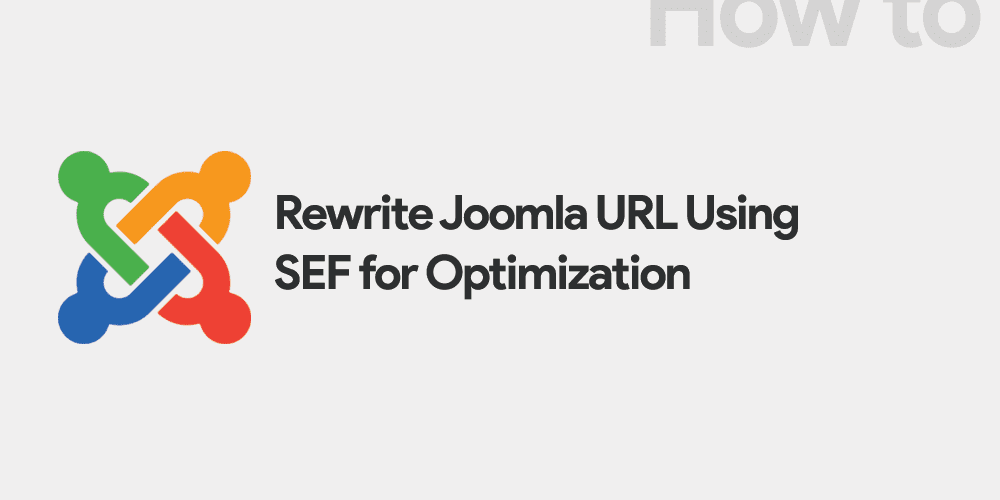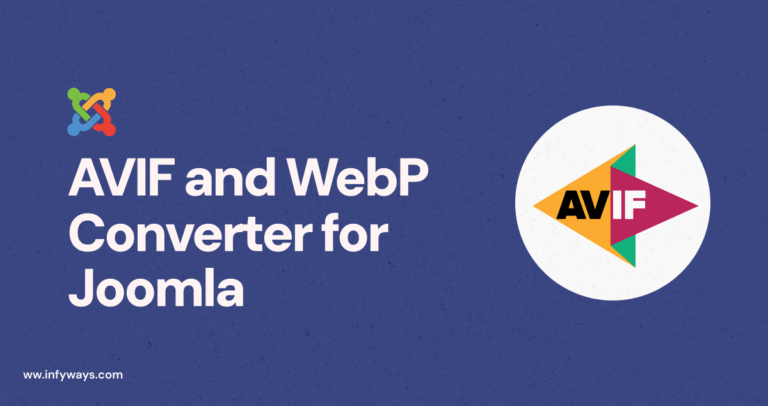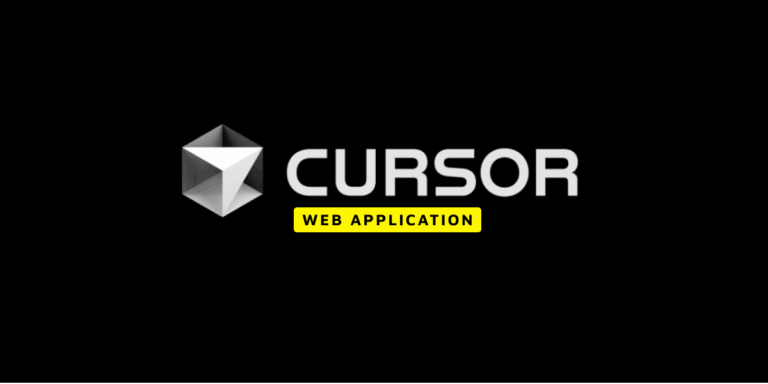In today’s world, ranking high on search engines and offering a great user experience is key. If you’re using Joomla, SEF (Search Engine Friendly) URLs can help you achieve both. By generating clean, descriptive URLs, Joomla makes it easier for search engines and users to understand your site. Let’s explore what SEF URLs are, how to enable them, and why they’re crucial for your SEO.
What Are SEF URLs?
SEF URLs simplify web addresses by replacing long, complex strings with clear, descriptive phrases. This not only helps users by making URLs easier to read and remember, but it also signals to search engines what the page is about, improving SEO.
Instead of seeing a messy URL like:
http://www.example.com/index.php?option=com_content&view=article&id=1
You’ll get a clean, user-friendly version like:
http://www.example.com/my-article-title
These clean URLs are more appealing to users and search engines alike, boosting your chances of ranking higher by naturally including keywords.
How to Enable SEF URLs in Joomla
Setting up SEF URLs in Joomla is straightforward:
- Go to Global Configuration: Log in to your Joomla admin panel and head to Global Configuration.
- Enable SEF URLs: Under the “Site” tab, in the “SEO Settings” section, set “Search Engine Friendly URLs” to “Yes.”
- Optional: Enable “Use URL Rewriting” to remove “index.php” from your URLs. You’ll need to rename the
htaccess.txtfile to.htaccesson your server for this feature.
Once enabled, Joomla automatically generates SEF URLs for your articles, categories, and other content types.
Customizing SEF URLs
Want to tweak your URLs? Joomla lets you customize them. In the article editor, simply modify the “Alias” field. Instead of a generic URL like:
http://www.example.com/article-1
You can change it to something more keyword-rich and relevant:
http://www.example.com/how-to-boost-seo
This makes your URLs more meaningful for both users and search engines, helping your SEO further.
Additional SEO Tools in Joomla
SEF URLs are just one part of Joomla’s SEO toolkit. Here are a few more features that can enhance your site’s visibility:
- Meta Descriptions: These give users a preview of your page in search results. Make them informative and compelling.
- Title Tags: These tags define your page title and appear in search results. Including keywords can help improve rankings.
- Structured Data: Add structured data to make your site stand out in search results with rich snippets like review stars or product information.
Performance Considerations
While SEF URLs are beneficial, they can add a bit of server load. But don’t worry—Joomla’s built-in caching system minimizes this impact, ensuring your site loads quickly even with SEF URLs enabled.
Conclusion
If you’re looking to improve both SEO and user experience, enabling SEF URLs in Joomla is a smart move. These clean, descriptive URLs are a win-win, making it easier for users to navigate your site and for search engines to index your content. Combine this with Joomla’s other SEO features, and you’ll have a solid foundation for higher search rankings and a better user experience.




